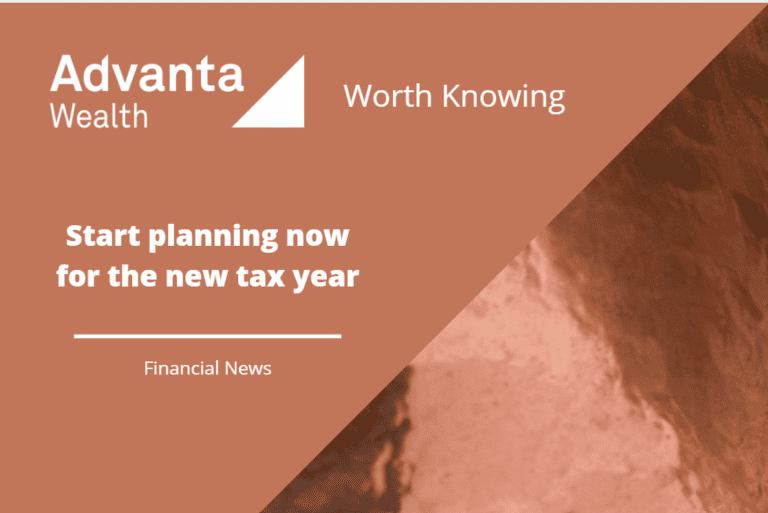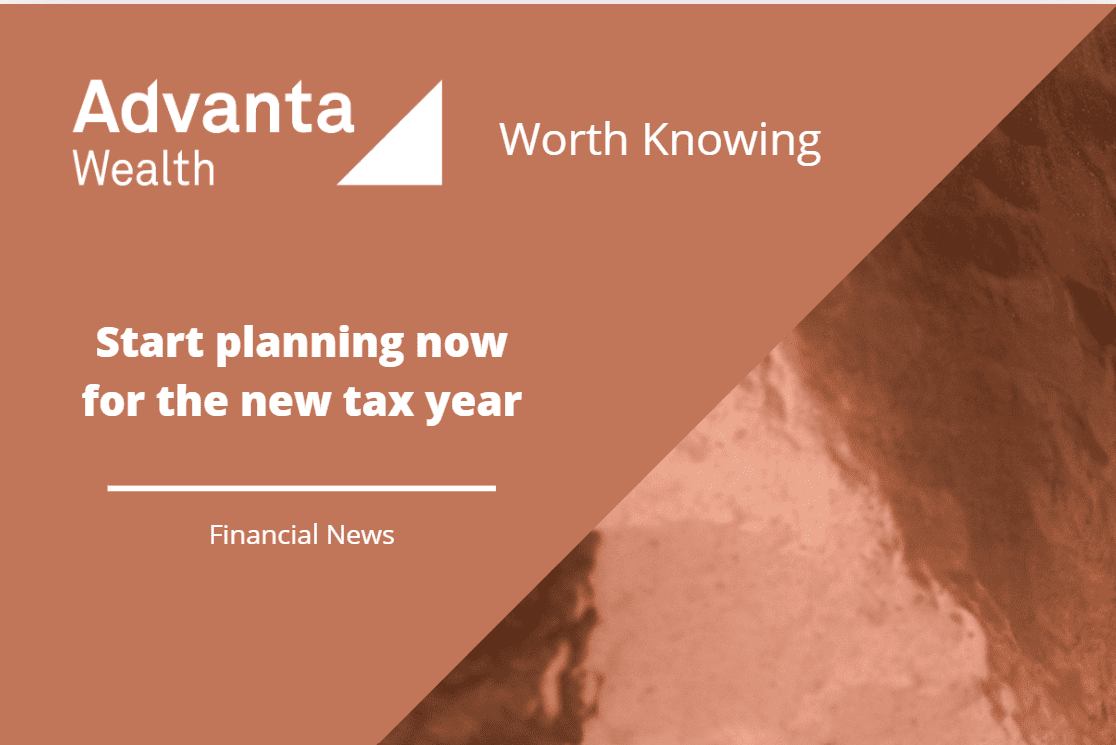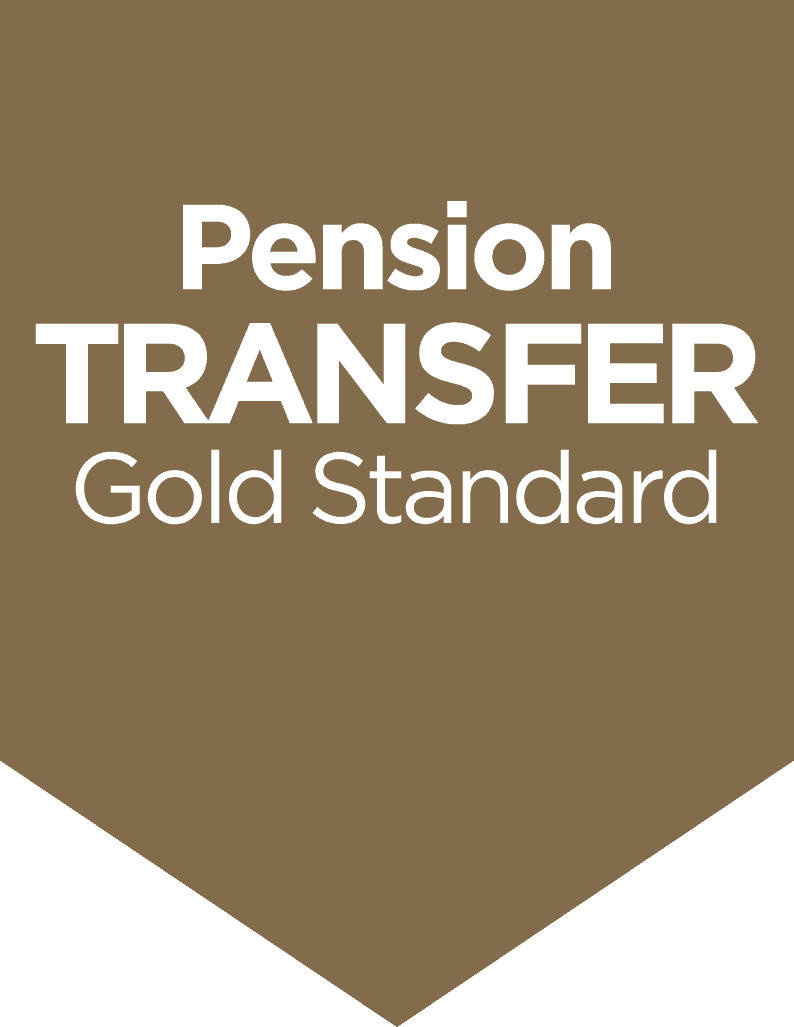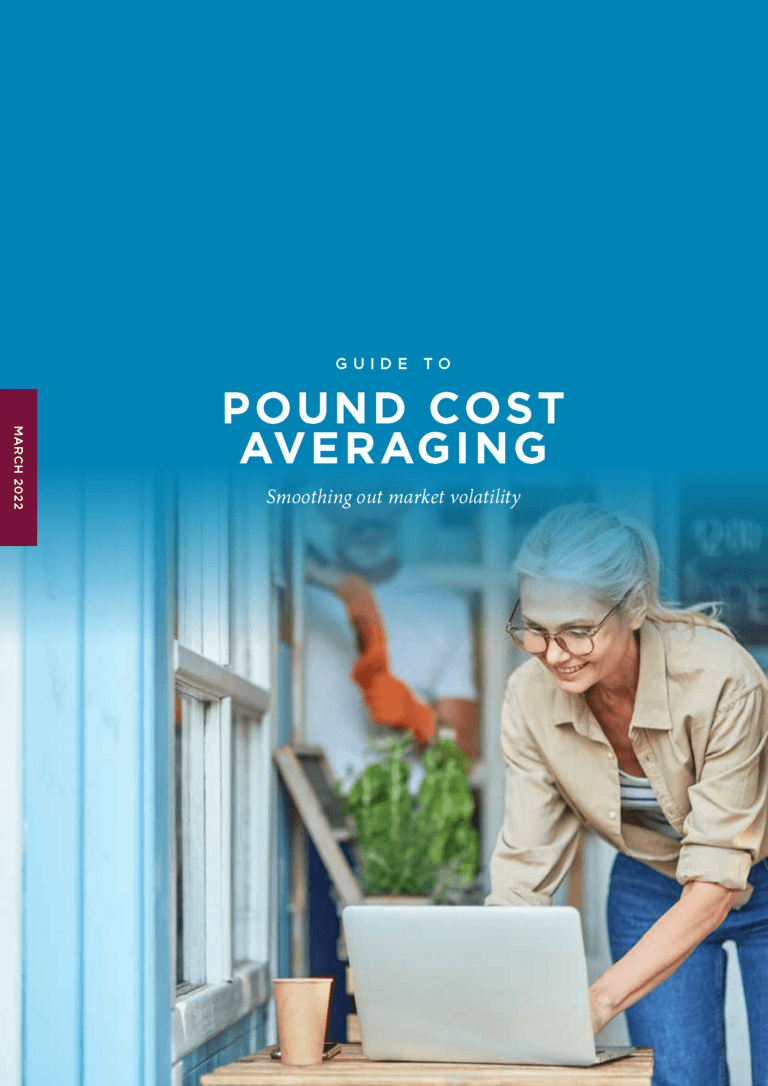Start planning now for the new tax year
A new tax year starts on 6 April. What actions should you take now to get 2025/2026 off to a good start?
As ever you need to factor in a mix of freezes and changes. There are no changes to:
- The personal allowance, frozen at £12,570 since 2021/22.
- The point at which the personal allowance begins to be tapered away which remains at £100,000, where it started 15 years ago.
- The higher-rate threshold (£50,270 in England and £43,662 in Scotland), which also remains at the same level since 2021/22.
The tax changes from 6 April 2025 include:
- A lower starting point of £5,000 for employer’s national insurance contributions (NICs).
- A higher rate of employer’s NICs.
- An increased rate of 14% for Business Asset Disposal Relief. The main capital gains tax (CGT) rates rose to 18% for basic rate taxpayers (where all the taxable gain falls within the basic rate band when added to income) and 24% for other taxpayers from 30 October 2024. The annual exempt amount remains frozen at £3,000.
Both the freezes and the changes will produce more revenue for the Exchequer, which makes them important areas to consider in your new-year tax planning.
Personal allowances
Ideally your start-of-year planning should begin with an estimate of your gross (pre-tax) income – not just earnings – over the next 12 months. If that is below the tax-free personal allowance or other tax free allowances such as the personal savings allowance, then look at the options for increasing your income by, for example, rearranging investment holdings with your spouse/civil partner. If you still cannot reach £12,570 and your spouse/civil partner is a basic rate taxpayer, it may be worth claiming the Marriage Allowance. This could jointly save you up to £252 in 2025/26.
At the opposite end of the scale, if your income exceeds £100,000, then you may lose part or all of your personal allowance. Here, tax planning can help to reduce your gross income. There is a range of ways that this can be achieved, including making pension contributions or restructuring how you hold your investments. You could also transfer investments to your spouse/civil partner, provided you are not complicating their tax position.
Higher-rate tax
The Office for Budget Responsibility estimates there will be 6.6 million higher-rate taxpayers in 2025/26, over 2.1 million more than in 2021/22. If you are a member of this rapidly growing club, then the principles of income reduction – and thus tax saving – are broadly the same as for limiting the personal allowance taper.
Shareholder director NICs
The change to NICs will affect you if you are a shareholder director as it will increase the cost for your company of paying your salary and bonuses. Even if your salary is only enough to cover the personal allowance, your company’s NICs outlay could rise by £657 a year. However, the alternative of drawing dividends is not necessarily an answer – what your company (and you) save on NICs may be less than the extra corporation tax payable. There are no reliable rules of thumb in making the choice: a calculation based on your circumstances is essential.
CGT and ISAs
Gains taxed at the CGT rates suffer less tax than income, especially for higher- and additional-rate taxpayers. ISAs can offer you the opportunity to reduce the CGT you pay, but the maximum subscription is a limiting factor. As ever, the best time to make an ISA investment is at the start of the tax year, so you benefit from the ISA’s tax exemptions throughout the year.
For more information on any of the above, or for your own year-beginning tax plan, please talk to us now – there is no need to wait until after 5 April.
The Financial Conduct Authority does not regulate tax advice. Tax treatment varies according to individual circumstances and is subject to change.
The value of your investment can fall as well as rise and is not guaranteed.











